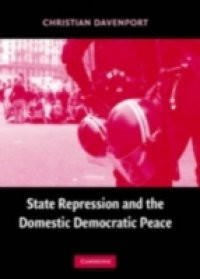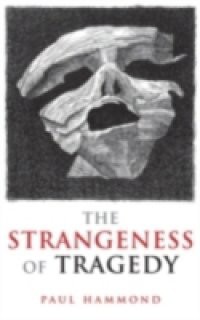Does democracy decrease state repression in line with the expectations of governments, international organizations, NGOs, social movements, academics and ordinary citizens around the world? Most believe that a 'domestic democratic peace' exists, rivalling that found in the realm of interstate conflict. Investigating 137 countries from 1976 to 1996, this book seeks to shed light on this question. Specifically, three results emerge. First, while different aspects of democracy decrease repressive behaviour, not all do so to the same degree. Human rights violations are especially responsive to electoral participation and competition. Second, while different types of repression are reduced, not all are limited at comparable levels. Personal integrity violations are decreased more than civil liberties restrictions. Third, the domestic democratic peace is not bulletproof; the negative influence of democracy on repression can be overwhelmed by political conflict. This research alters our conception of repression, its analysis and its resolution.




















